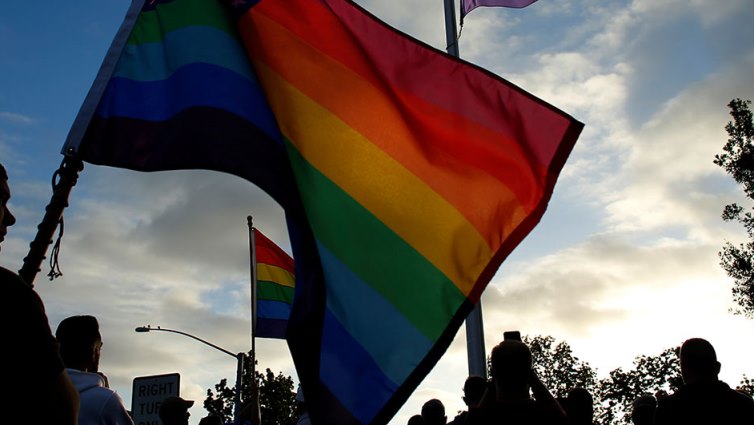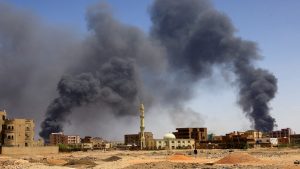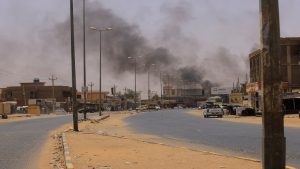Almost all LGBT+ students in the United States have heard offensive remarks about their sexuality or gender identity with comments such as “that’s so gay” regularly bandied around playgrounds and campus cafeterias, researchers said on Tuesday.
Just under 99% of lesbian, gay, bisexual, or transgender students aged between 13 and 21 reported hearing disparaging comments about their sexuality or gender identity, according to a new study published by GLSEN, a national LGBT+ education advocacy group.
Almost 92% said the remarks had made them feel “distressed”, said the 2019 National School Climate Survey, which surveyed 16 700 LGBT+ students between April and August last year.
“At my school, it’s very taboo for teachers especially to talk about LGBT issues,” said Aiden Cloud, a 17-year-old student at a small, conservative private school in Nashville, Tennessee.
“Even though there are a lot of queer students at my school- just as there are at any school – there’s a very big lack of visibility. It feels very isolating,” said Cloud, who identifies as genderqueer or neither exclusively male or female.
Discussing LGBT+ issues in schools has become a global cultural flashpoint, with some parents in Britain last year protesting against the inclusion of sexuality and gender identity in the curriculum.
The GLSEN report, which surveyed students in all 50 US states as well as the District of Columbia, Puerto Rico, American Samoa, and Guam, found homophobia was rife within educational establishments.
Almost 97% of respondents stated that they had heard the phrase “no homo” at school, while more than 95% reported hearing homophobic terms such as “dyke” and “faggot”.
About 69% said they had experienced verbal harassment because of their sexual orientation, while just under 57% said they had also been called names or threatened because of their gender expression.
Eleven percent of LGBT+ students said they had been physically assaulted, or “punched, kicked (or) injured with a weapon” because of their sexuality, the report noted.
Just under 10% reported the same experiences due to their gender expression, it added.
“This is a very significant wake-up call about how the progress we’ve won is directly under attack,” said Eliza Byard, the executive director of GLSEN, formerly the Gay, Lesbian &Straight Education Network.
“Where we are now is so different from where we were 20, 25years ago in terms of how better things are. On the other hand, where we are is clearly still unacceptable,” she told the Thomson Reuters Foundation.






